These days, dietary restrictions seem to be more common than uncommon.
And we think that’s great–it means people are taking their health into their own hands and figuring out what works for them and what doesn’t. With that said, it also means that, when it comes time to host a major event, such as Thanksgiving, it can be a bit more difficult to plan a menu that pleases everyone. Below, we’ve outlined our favorite recipes that fit within the confines of a few of the most common special diets. Whether you’re hosting a grain-free or Kosher guest, bringing some sides to someone else’s party, or serving up a Thanksgiving feast of your own, we’ve provided options for both main courses and sides so you can adjust based on your needs. Bon appetit!
Plant-Based or Vegan
A plant-based Thanksgiving is all about leaning into the sides. But, given all the butter that seems to slot into each and every seasonal recipe, it’s easier said than done. Our favorite filling recipe for those who don’t eat animal products? Our Easy Everyday Salad. The sesame mixture give it texture and fall flavors, while the dressing brings a delicious umami tang.
Dairy-Free
Of course, either of the above options work for the dairy-free dieters out there. But if you want something that packs in a bit more protein, we have options for you, too. To infuse the colder months with some Italian flair, try our vegan pesto alla trapanese. It’s so flavorful, you’ll have a hard time believing it’s dairy-free, but trust us: the fresh tomatoes and basil pack a powerful punch. As far as sides go, our lemon and almond green beans are deliciously zippy.
Grain-Free
Being grain-free can feel like an adjustment at first. But it doesn’t have to be a struggle. As with the plant-based population, those with a grain-free diet do well to lean into appetizers and sides, but many meat dishes work, too. As far as sides go, our charred browned butter and buttermilk mashed potatoes are a warm-weather essential, whether you’re grain-free or not, as are our roasted cauliflower wedges. When it comes to the main course, a turkey without stuffing should do the trick, those who are worried about cross-contamination should bring, request, or serve our delicious dill yogurt salmon. Three recipes so good, they make us feel like we should go grain-free.
Low-FODMAP
The Low-FODMAP diet is tough to accommodate, but it’s very important that those who have been advised by a doctor to try it out follow it to the letter, given that it’s been proven to help a number of digestive disorders. If you’re a guest, you’re going to want to ensure you feel safe eating what’s in front of you so you can enjoy the day, which is why we recommend bringing your own food instead of asking your host to accommodate you. If you’re cooking for a crew, treat them all to our delicious kale and rice cakes–easy to share and fodmap friendly.
Kosher
Kosher foods must conform to Jewish dietary laws. Some of the most prominent rules: no shellfish, no pork, no hindquarters of ruminant animals (this means: no sirloin, round, flank, round, short loin, or shank of cows, sheeps, or goats) and meat and dairy cannot be eaten together. This means: no shrimp cocktail, no cheeseburgers, no meat cooked in butter. With that said, there are still countless options for the kosher table–anything plant-based is kosher, as are most of our dairy-free options. All pastas except squid-ink are Kosher, so hosting a meal for Kosher guests is the perfect opportunity to test out some delicious and flavorful pastas, such as our green soba noodles (just omit the tofu or ask first, some people who keep Kosher eat soybeans, others don’t). As far as sides go, the lemon and almond green beans will complement the “faux-lognese” beautifully.

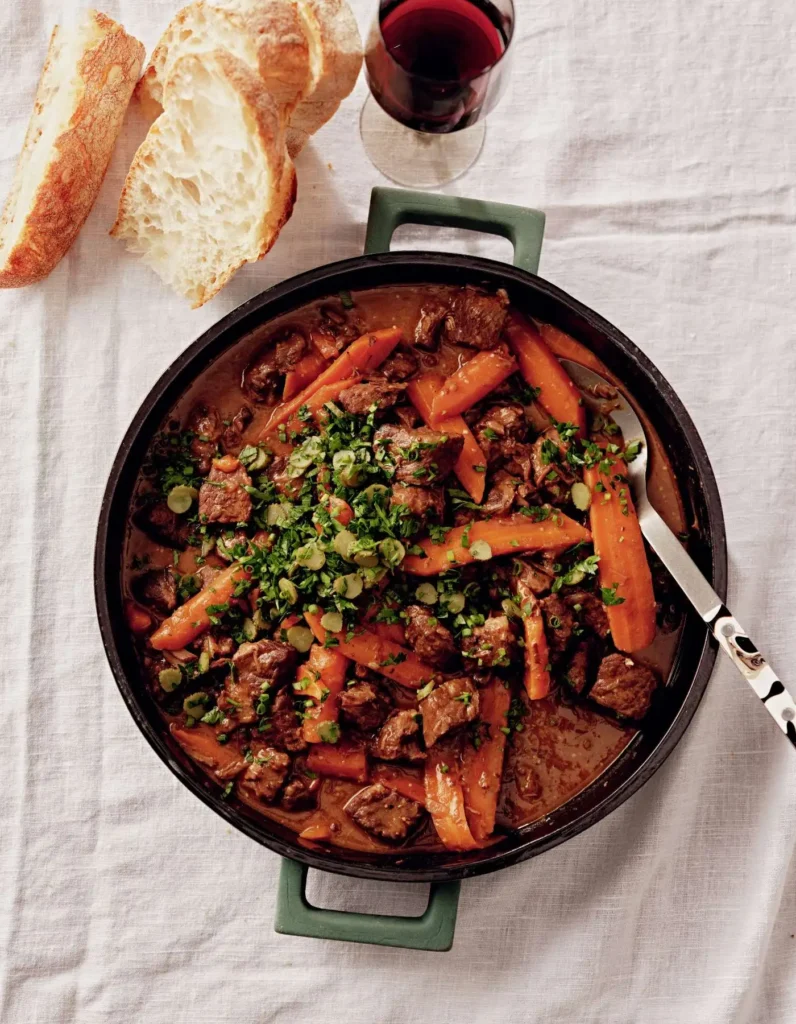
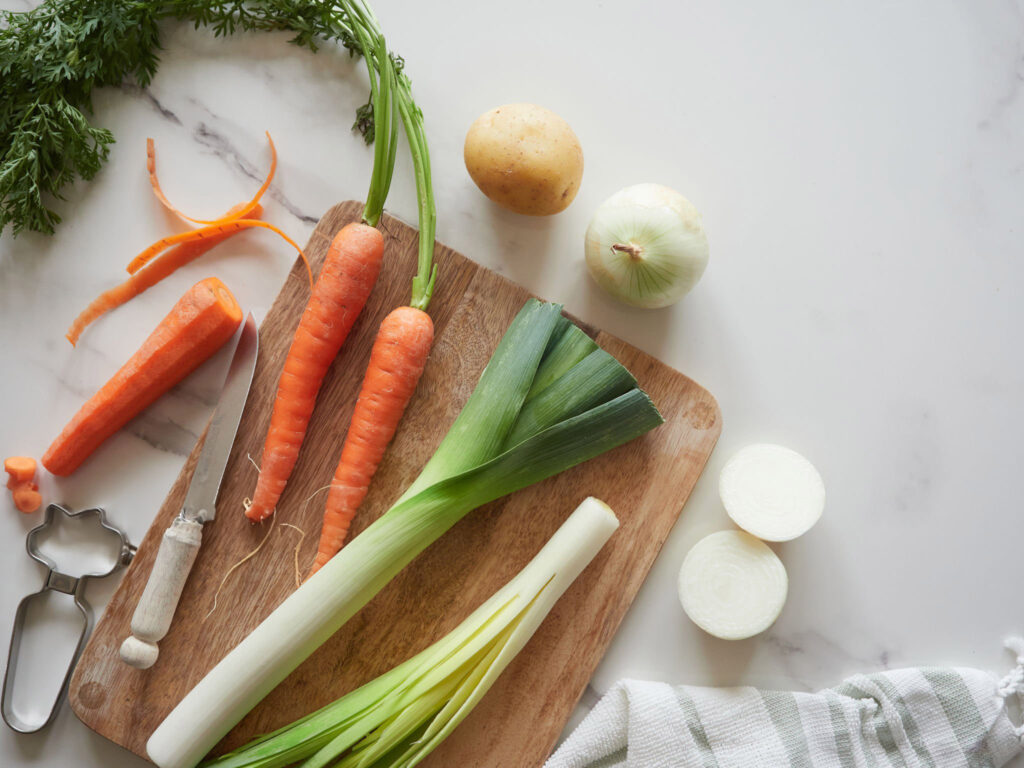



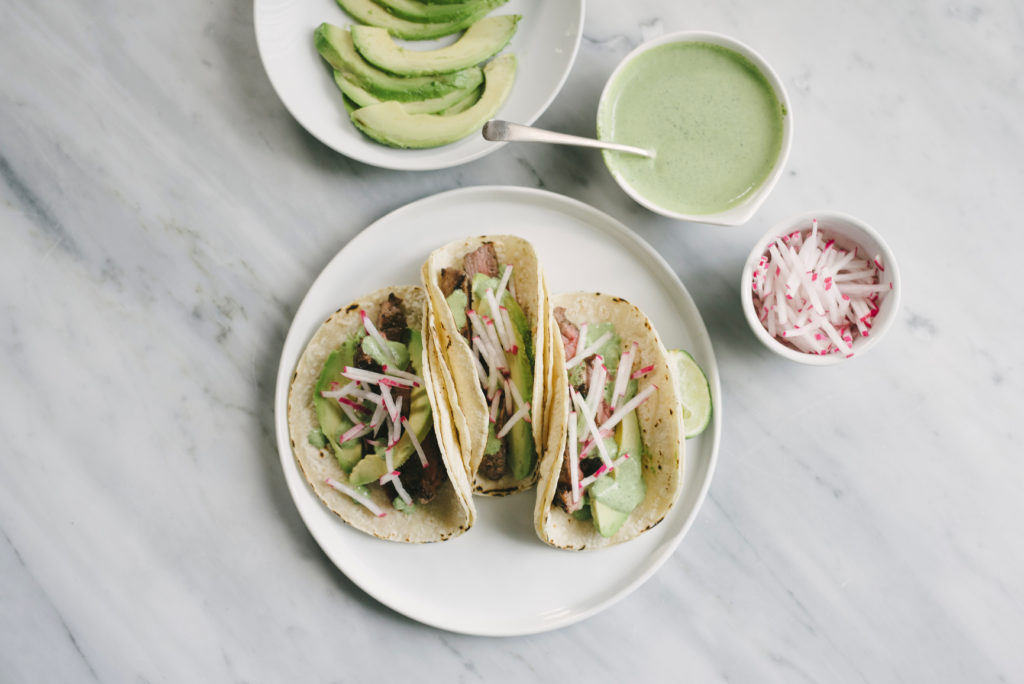


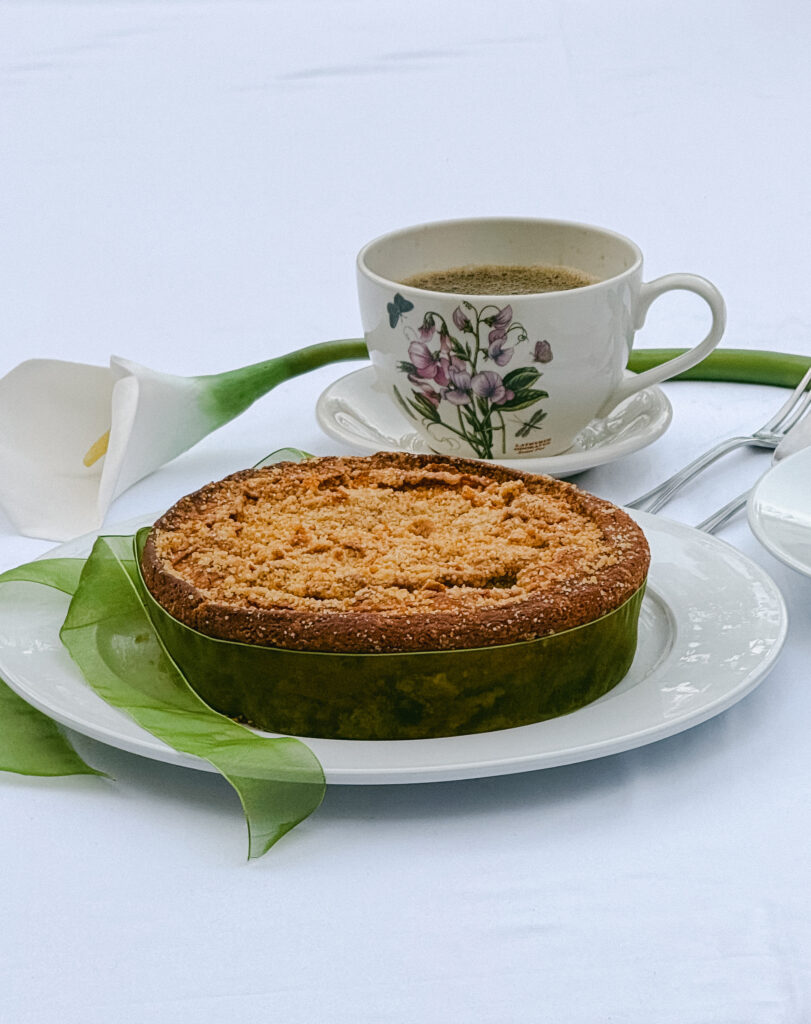


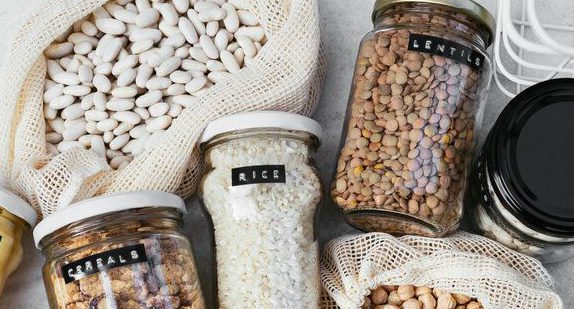



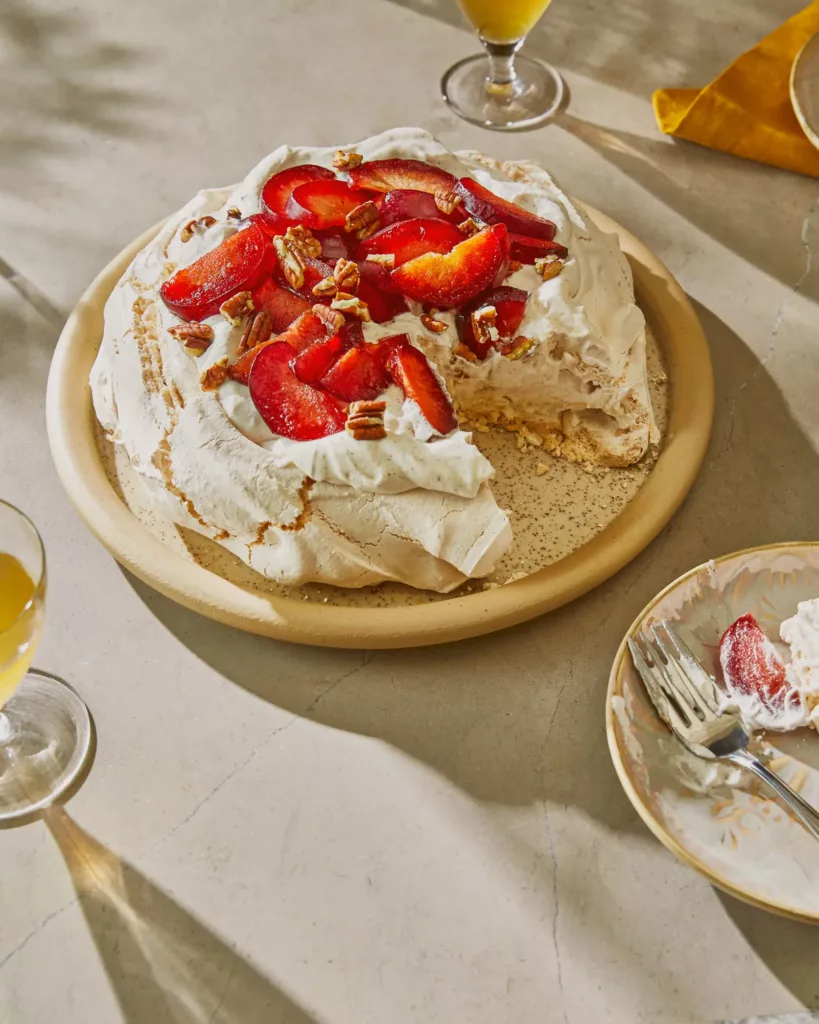

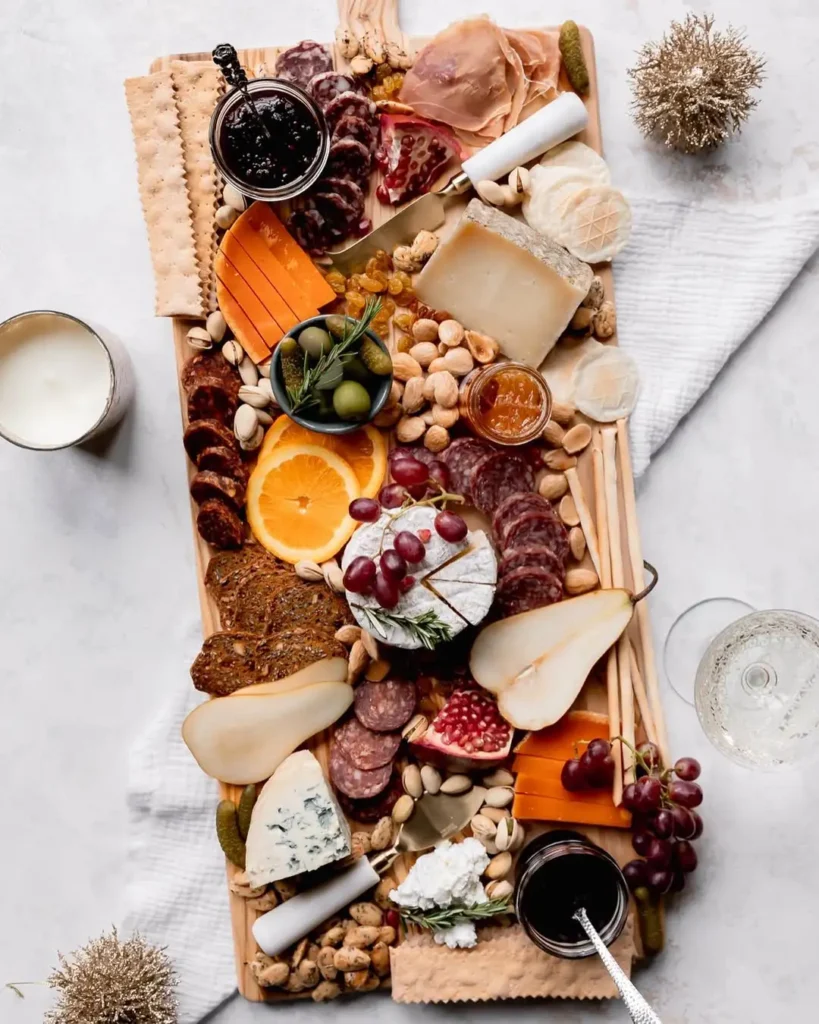

Tell Us Your Thoughts